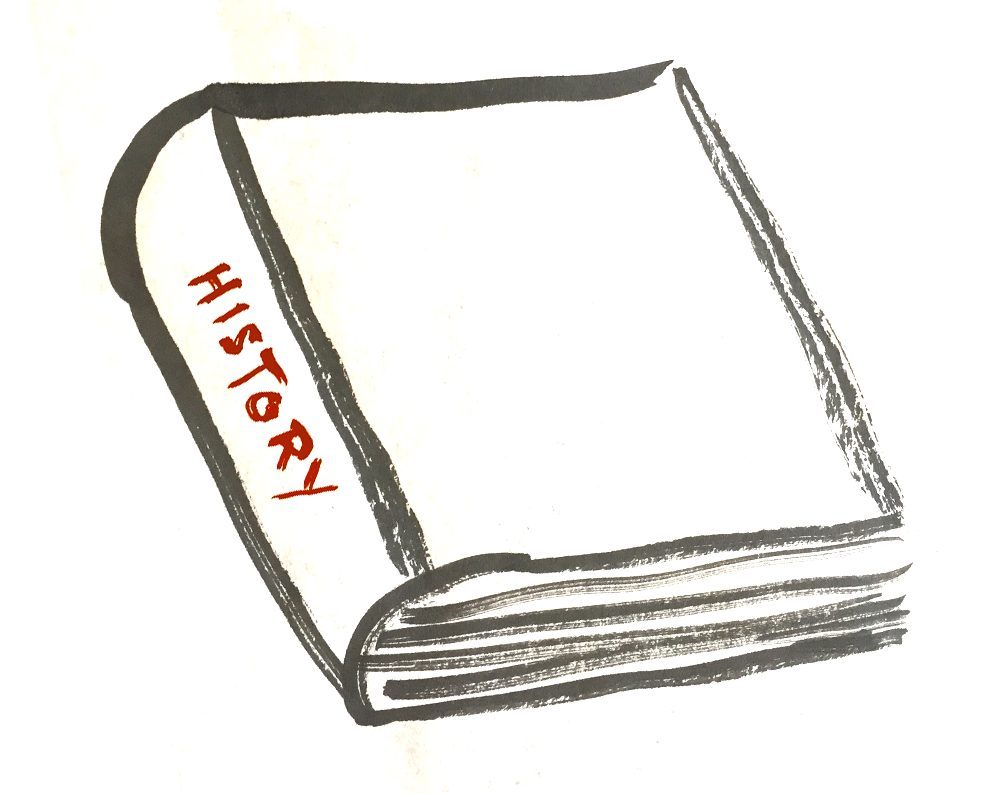As a professor of law and of history, I’m naturally interested in the ways that people in the legal field—law professors, lawyers, and judges—use history, and the way historians use the law. Each sometimes draw upon the others’ discipline to bolster arguments they wish to make. The tendency is at its most consequential when judges invoke history to help decide cases that can affect the lives of millions for generations.
Justice Samuel Alito’s leaked draft opinion in Dobbs v. Jackson Women’s Health Organization is a case in point. If that draft turns out to be the final word, Roe v. Wade is no more. And that is, for the present, the most immediate and devastating effect of Alito’s language: the taking away of what had been deemed a constitutional right, one that millions of Americans had come to rely upon for decades. Young American women will not have a right that their mothers and grandmothers possessed.
Alito uses history, in part, to make his case for the illegitimacy of Roe, but his discussion too greatly minimizes the significance of the fact that, at the time of the Founding, abortion before “quickening” was not forbidden. Perhaps more alarming than the opinion’s flawed method of historical interpretation, however, is its frightening attitude toward history and tradition. Both are treated as invariably positive things.
The Constitution makes no reference to abortion, and no such right is implicitly protected by any constitutional provision, including the one on which the defenders of Roe and [Planned Parenthood v.] Casey now chiefly rely—the Due Process Clause of the Fourteenth Amendment. That provision has been held to guarantee some rights that are not mentioned in the Constitution, but any such right must be “deeply rooted in this Nation’s history and tradition” and “implicit in the concept of ordered liberty.” [Emphasis added.]
As for “tradition,” I’m sure most of us read, in junior high, Shirley Jackson’s story “The Lottery,” on the perils of blind adherence to tradition. And “history”—many horrible things are “deeply rooted in this Nation’s history,” as are many wonderful things. The subjugation of women has certainly been among the horrors. The pronouncement that the only unenumerated rights that present-day American women possess are those that existed in the deep roots of our history leaves modern women as perpetually second-class citizens.
And what of other groups who were oppressed and marginalized throughout our history and by tradition: African Americans, members of the LGBTQ community? Under this formulation, only straight white men, in power and favored from our country’s beginnings, get the full benefit of unenumerated rights under the Due Process Clause and the Ninth Amendment. Women and Blacks in early America were not allowed to define their concept of liberty for purposes of either provision.
It’s no secret that many Americans wish to return to what was openly called in the nineteenth century a “white man’s government,” a desire that fuels much of the polarization that currently exists in our country. The draft opinion, with its blithe disregard of the actual substance of our history and traditions, and all that has been done over the years to try to overcome the negative aspects of both, looks back longingly to that nineteenth-century understanding of who was in control and whose lives mattered.
Alito merely declares that abortion is a special case because a life is taken (a theological pronouncement that should not be the basis of a legal opinion in a pluralistic society) and insists that the reasoning in the opinion can’t, and won’t, be applied to deny other rights that are based on words to which “the Constitution makes no reference” and did not exist for groups who were oppressed in the past. But this does not reassure. Judges and lawyers reason by analogy and precedent. There is no principled way around the fact that the reasoning in the draft opinion raises concerns for Obergefell, Griswold, Loving, and other cases seen as bringing those who had been deliberately shut out of it into first class American citizenship. It is a blatant invitation to roll back modern-day attempts at extending the blessings of liberty to all Americans.



